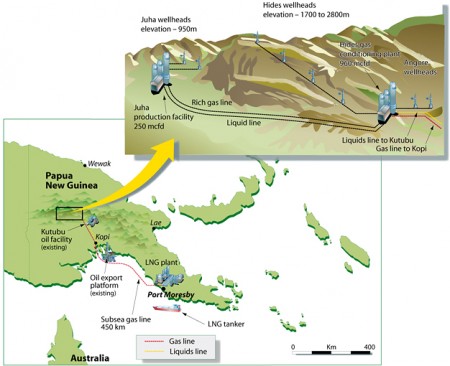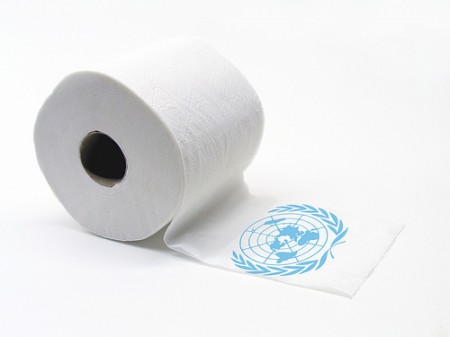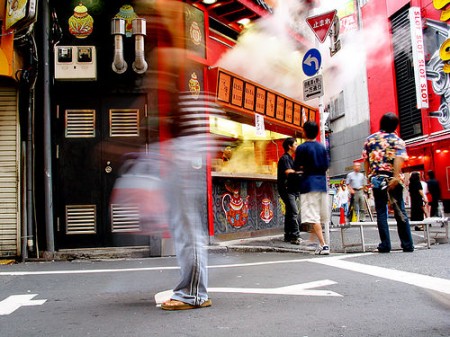
Freedom of press is challenged, if not restricted, in such places as Yemen, Venezuela, the US and Austria, say the authors of a Swiss public radio (DRS) program. As various as the countries are the causes of that challenge.
Whereas the makers of Al-Ayam in Aden are sitting on piles of newspapers because the Yemeni government prevents them from distributing their publication, Yemen Times is trying to accommodate the government in Sana’a by exercising self-censorship. In Latin America, Hugo Chavez is infamous for his hard hand on media, but also in Argentina the government has tried to restrict them.
But not all restrictions are due to despots, juntas or skittish administrations.
In the US, the challenge to press freedom is economic in nature: the financial crisis has severely weakened metropolitan newspapers. As an example, the DRS reporter mentions the Boston Globe, which during senatorial elections in previous years would dissect each candidate. Not so this time: Massachusetts’ citizens hardly know their new senator of choice, Scott Brown.




